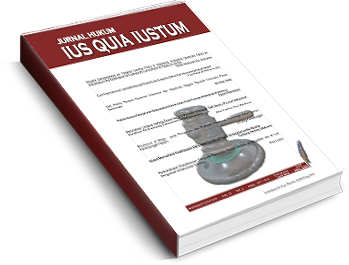Main Article Content
Abstract
World Health Organization Framework Convention on Tobacco Control (the FCTC) was adopted on 21st May 2003 and came into force on 25th February 2005. Since its adoption, Indonesia has never signed and ratified this Convention. Currently, Indonesia is the fifth largest tobacco market in the world and the third largest cigarrete consumer (WHO data in 2008), thus it is obligatory for Indonesia to obey the minimum standards of tobacco control under the FCTC. There are two problem formulations that will be answered by this writing: first, what are the obstacles faced by Indonesia during the ratification’s plan of the FCTC? Second, how far the FCTC ratification is effective in protecting public health in Indonesia? This study is normative research by using statute and comparative approaches. Indonesian policy on tobacco control always face with obstacles in the area of politic, economic, and human rights side. Most of the laws are still abstract to support public health in general. Particular researches prove that ratification efforts done by Indonesia would not cause adverse impacts to the economic advantages of tobacco but yet would be able to give effective implementation and legal certainty to protect the public health.
Keywords
Article Details
Authors who publish with this journal agree to the following terms:
a. Authors retain copyright and grant the journal right of first publication with the work simultaneously licensed under a Creative Commons Attribution License that allows others to share the work with an acknowledgement of the work's authorship and initial publication in this journal.
b. Authors are able to enter into separate, additional contractual arrangements for the non-exclusive distribution of the journal's published version of the work (e.g., post it to an institutional repository or publish it in a book), with an acknowledgement of its initial publication in this journal.




